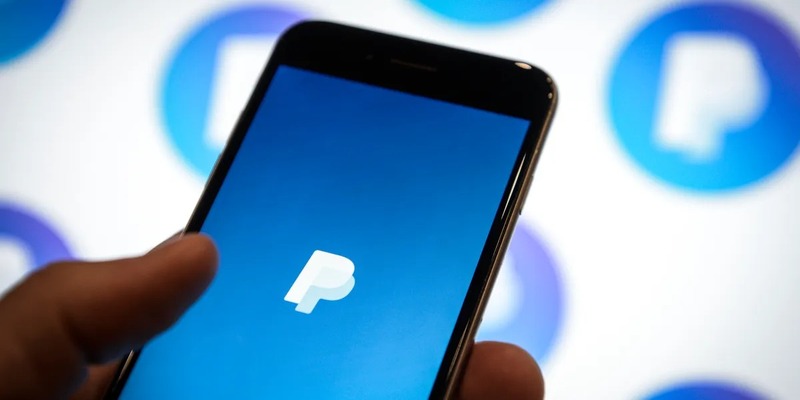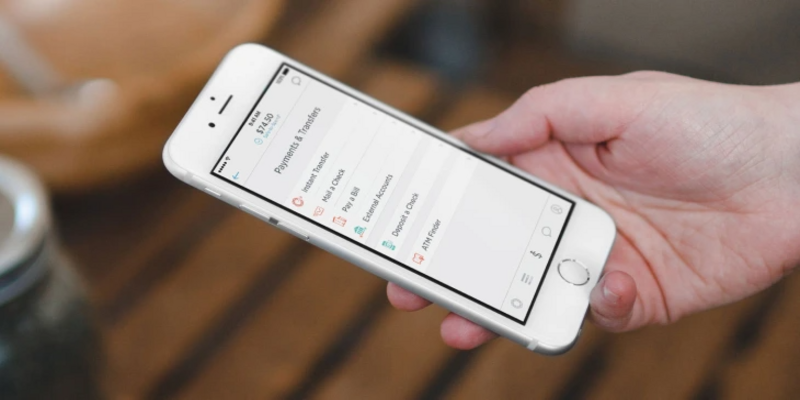One of the most crucial aspects of a new checking account is the variety of banking services it provides. According to studies, technology is quickly becoming the dominant force in the financial sector. According to a Federal Reserve poll, more than half of 2017 smartphone owners with a bank account also used mobile banking services.
6 Features Every Bank Should Have

You need a bank account with specific features if you want to pay bills, transfer money fast, and keep track of your balance. When deciding on a new bank account, it's vital to consider the following:
Warnings of Insufficient Funds
It used to be that anybody who wanted to withdraw money from their bank account had to either write a check or physically visit the bank.
It's surprisingly simple to spend all the money in your checking account using debit cards, click-to-pay at online stores, and mobile payment systems like PayPal and Venmo.
Overdrafts are already a hassle to have your account balanced, and the costs associated with overdraft protection insult injury. The average overdraft cost is $35, regardless of the size of the overdrawn account.
Automatic Online Bill Pay
Anyone who needs help keeping track of time has always struggled with the stress of missing payment deadlines. At least when bills used to arrive in the mail, you could leave them on the kitchen counter as a visual reminder of when they were due.
With so many invoices being sent and paid online, however, keeping on top of your bill payments may be a real hassle.
If you tend to forget about or put off paying bills that aren't immediately in front of you, setting up online or automated bill pay with your bank will help you stay on top of your payments, avoid late penalties, and boost your credit score.
Subsavings
You've been steadily increasing your monthly savings because you know that doing so is a crucial aspect of responsible financial management.
A savings account that isn't designated for anything might feel more like an extra checking account, which can significantly reduce the motivation to save.
Sub-accounts for your savings account may be your bank's solution if you have trouble saving money. You may designate the purpose of each savings account with the help of sub-accounts.
Automatic Deposits To Savings

Once you've established designated savings accounts, you may benefit from the ease and convenience of regular automated transfers of small sums of money to those accounts.
Bank of America and JPMorgan Chase are just two examples of financial institutions with automatic savings plans ideal for frequent, low-dollar contributions.
You can still benefit from automated savings deposits even if you bank elsewhere. Set up a recurring automatic transfer from your checking account to your savings account(s) to save money daily, weekly, monthly, or quarterly.
Mobile-Friendly Budgeting Apps and Websites
In the past, the only way to access digital budgeting resources was to utilize a separate app, program, or software. It used to be that managing one's financial affairs (banking, bill paying, etc.) was handled in a wholly distinct location from where one maintained records of, categorized, and planned for future expenditures.
But these days, you don't even have to leave your bank's website or mobile app to keep track of your expenses, as more and more institutions are providing online or mobile budgeting tools.
Mobile Check Deposit
Paper checks may be less frequent than they once were, but they have certainly not been extinct. In 2018, the Federal Reserve reported that 8.3% of all payments were made through inspection.
So, you still receive the occasional cheque, which you must deposit. Since most people's banking needs are now met online, they no longer make regular trips to the bank as part of their errands. That means you may lose money if your paper checks get dust.
The Conclusion
The last item to consider when selecting a primary bank or credit union account is whether or not the account is insured. In the event of a financial institution failure, your deposits are protected up to $250k by the FDIC or NCUA, respectively, depending on the kind of institution you bank with.
However, they aren't required to get this insurance either. Make sure your money is safe by comparing the insurance policies offered by various banks and credit unions.







